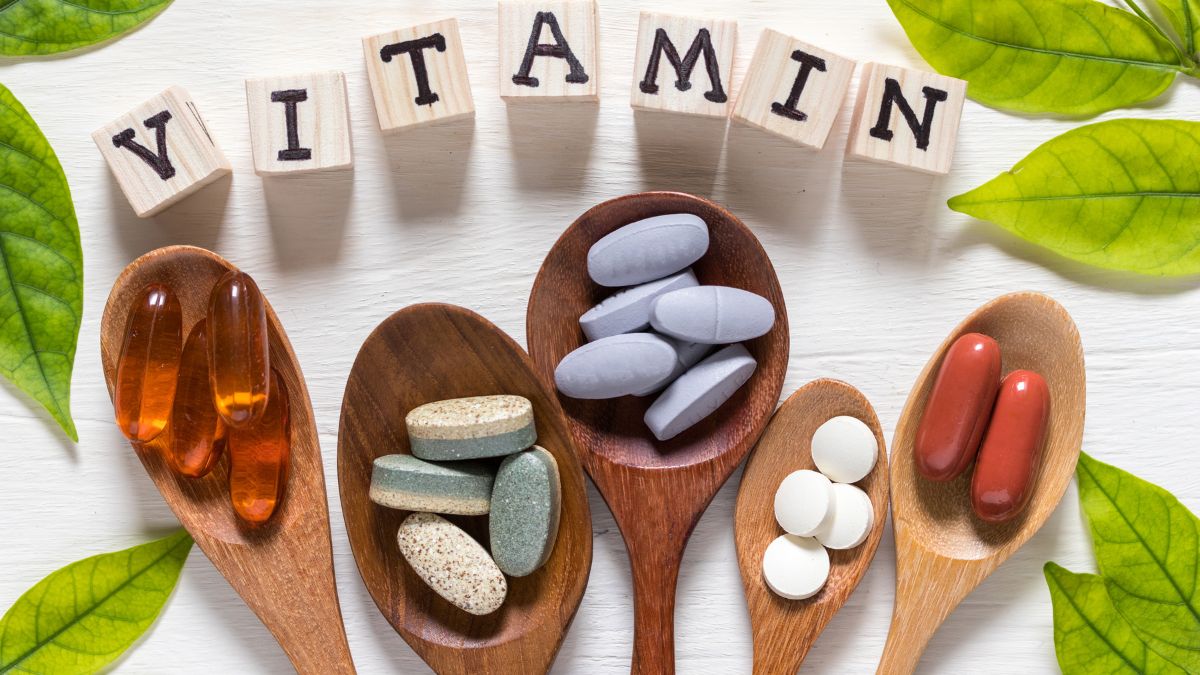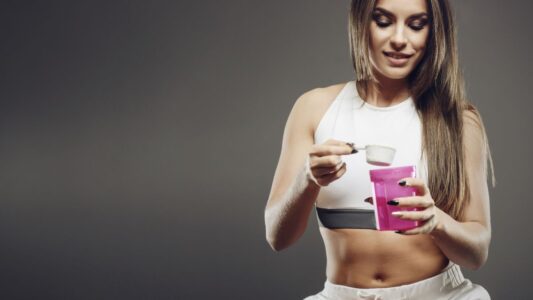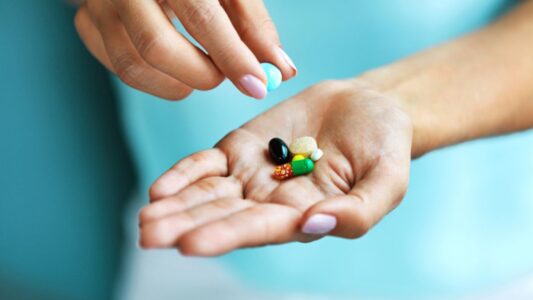
There seems to be a lot of confusion surrounding vitamin and mineral supplements these days, with conflicting reports coming in from various studies from around the globe. For an instant, a study conducted by the Annals of Internal Medicine came to the conclusion that supplements do not provide the same level of benefits as promised by the industry. According to another study, nearly 95 percent of the population is not getting even close to the daily recommended levels of nutrients like vitamins D or E through food alone, so supplements are the only way to cover the shortfall. The level of contradictions in these reports is guaranteed to make your head spin.
Table of Contents
So Should We Be Taking Supplements or Not?

One thing we do know for sure, our body needs those nutrients to function even at the cellular level. The best source of these nutrients is Food, such as whole grains, leafy greens veggies, and fatty acid-rich fish. I know what you’re thinking “We know that Rocky, talk about the real world” Sure, we live in the real world and it’s not all healthy food for us, Greasy takeout; beer; skipping breakfast, happens as do nutrient gaps that can put your health at risk.
Multivitamins to the Rescue?

Not quite, a multivitamin might help you in getting some of the nutrients, but it’s also important to consider your lifestyle, talk to your doc or health care professional to get a vita mix that’s tailored according to your needs.
So What Else You Should Be Having?
Although it’s recommended that you visit your doctor to get your vita-mix right, I’ll get you a starter. As stated above a person’s nutritional needs would vary. You would also need to consider your body’s chemistry, physical activity levels, diet habits, and even where you live. You can formulate your vita-mix based on the type of lifestyle that is closest to you.
Mr. Buff
It is well established that workouts that last 1.5 hours or more can deplete your nutrient reserves considerably.
If you fall under this category you might be low on Iron. Iron plays a major role in the body’s oxygen transportation system. A daily dose of 18 milligrams of this micromineral is recommended. Found mainly in green leafy veggies, beans, and meat. A deficiency of this mineral can lead to lethargy and low levels of energy.
Natural Sources:
- A cup of soybeans has 8.8 milligrams.
- a cup of lentils has 6.6 milligrams.
- One-half cup of tofu has 3.5 milligrams or more per serving.
- One medium baked potato has 3.5 milligrams or more per serving.
- One-half cup of red kidney beans or chickpeas has 2.1 milligrams.
Mr. /Ms. Desk Jockey
This goes for all you cube dwellers. Vitamin D is produced naturally when sunlight hits the skin. That should mean that Indians in general should not be deficient in vitamin D. In spite of all the sunlight we get for some reason yet unknown vitamin D deficiency is rampant in India.
A daily dose of 600+ IU is recommended to help our body fight infections, build strong bones and even prevent depression.
Natural Sources
- One cup of milk has up to 124 IU
- One egg has 41 IU.
- Mushrooms exposed to UV are an excellent source: (30 grams) 8 IU.
- In addition, if you’re into seafood a number of fish are rich in vitamin D.
The Vegetarian
Veggies are a good source of nutrients! The big exception would be Vitamin B12.
Vitamin B12 is virtually nonexistent in plant foods; Vitamin b12 is essential in keeping your blood and nerve cells healthy. The daily recommended dose for B12 is 2.4 micrograms/day. A deficiency usually results in general weakness and a feeling of being tired all the time.
Natural Sources:
- Dairy foods (low levels)
- If you and “vegetarian” eggs contain a bit of B12
The Future Mom
Great so you have decided to have Kids. You should look into your Folate levels. It’s mostly found in green leafy vegetables, Folate is a form of B vitamin and helps in preventing neural tube defects in newborns. Neural tube defects are complicated brain and spine birth defects. It is recommended that you get 400 to 800 micrograms every day.
Natural Sources:
- Potato, with skin 1 medium has 48 – 66 micrograms
- Papaya ½ fruit has 58 mcg
- A half-cup of cooked spinach packs 131 mcg.
- Orange juice 125 ml has 58 mcg.
- White bread 1 slice (35 g) has 60 mcg















